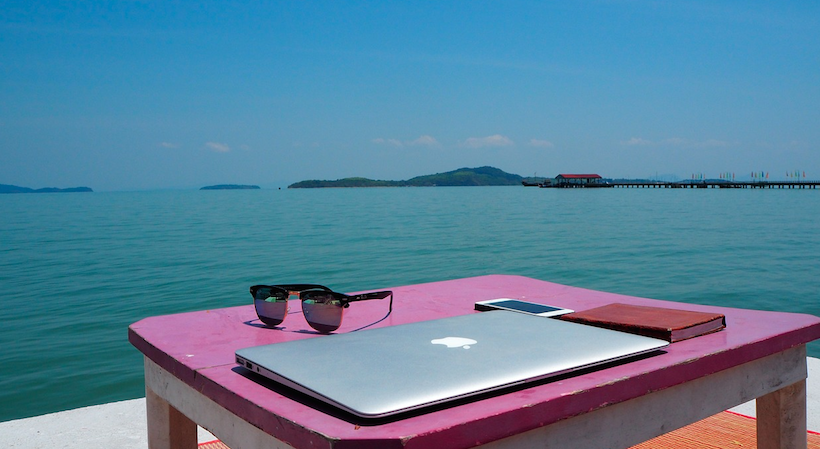Remote employees are no longer an anomaly. In a recent survey by Gallup, 43 percent of surveyed Americans said that they spent some time working remotely, a 4 percent increase from 2012. What’s more, the benefits of hiring remote workers are difficult to ignore, including decreased overhead costs and increased productivity.
Benefits aside, remote workers need to have a different set of skills than office employees, where there’s regular interaction with managers and leadership can see more clearly what everyone is doing.
If you’re ready to dip your toes into the remote workforce waters, keep these tips in mind to make sure you hire the best people for the job.
- They must be self-starters
Remote employees need to take initiative and keep themselves motivated without the chance for a manager to “pop by” to keep them working throughout the day. Monica Zent, founder and CEO of Foxwordy, suggests:
“You’re looking for a self-starter because people who are looking to be told what to do won’t do well in a work-from-home situation. Given the many temptations of a home office, a high level of motivation is imperative. This is where figuring out how the person thinks is important. I prefer to get at what makes a person tick, and have had great success with good hires the more I do this.”
How do you find out if your potential employee is a self-starter?Mark Murphy, Forbes contributor, suggests asking questions like:
- Tell me about a time when work didn’t interest you very much, and how did you get past it?
- What kind of management style do you prefer?
This should provide insight into what what your remote workers need to stay motivated, which is key.
Related: 3 Ways to Get More Done When You Work Remotely
- Asking candidates to complete a task is important
Asking interviewees to complete a task during the interview, which is presumably remote, gives you great insight into their skillset, as well as how they work. Sara Sutton Fell, Fast Company contributor, said:
“When people work remotely, the managerial focus shifts from how much time they spend in the office to what they’re getting done every day. During the hiring process, it’s smart to focus on skills and the candidate’s approach to the job by having candidates do small a test or a trial project, to see how well—or not—they follow instructions, ask questions and generally perform in a remote environment.”
Try to mimic their work environment as much as possible with this task. This may mean that you’re only available for questions via a messenger system or that they need to access resources via Google Docs that have previously been shared.
- The interview should be a little different
There’s a big difference between being down the hall from someone and being across the country (and for many, the world). A highly qualified candidate may work efficiently if they’re in the office with a team to keep them on track, but not well by themselves.
Thankfully, you can get ahead of this by asking the right questions in the interview. Focus your questions on organizational skills, career motivation and self-direction.
Josh Tolan, CEO of Spark Hire, recommends that managers, “ask for candidates to explain scenarios in which they worked independently and managed their own time. Look for more than canned answers, and seek out specific examples of organizational skills and internal motivation. Don’t focus wholly on productivity to the exclusion of everything else, though; it’s also important to make sure your top-notch candidates can work as a valuable member of your team.”
- The right candidate values results
Micromanaging isn’t effective in any work environment. Not to mention, in a remote work environment, it’s next to impossible. When hiring, look for someone who values results.
“You as a manager have to be comfortable setting goals and then holding people accountable for those goals. They could be putting in long nights or they could be doing their laundry all day—but if you are managing correctly and getting the people who understand that results come first, you should be happy either way,” John Rood, author and Forbes contributor, said.
Sign Up: Receive the StartupNation newsletter!
- Get crafty to retain and reward top talent
Once you’ve hired your remote workforce, it’s time to focus on how you can keep them engaged and excited. Sarah Aboulhosn, marketing specialist and Pagely contributor, explains how to get creative in this regard:
“(Little benefits) can solidify an employer’s relationship with their staff and make the team feel appreciated, no matter where they are. If you’re working with a partially distributed team, take a look at what in-office perks your employees receive and figure out a few ways to provide them to your remote workers, ensuring that everyone has equal access to company perks.”
Make the right hire
Hiring the right remote staff is critical to ensuring work is getting done. Use these ideas to find the best people for your out-of-office staff and then keep them on board once they’re doing a great job.






